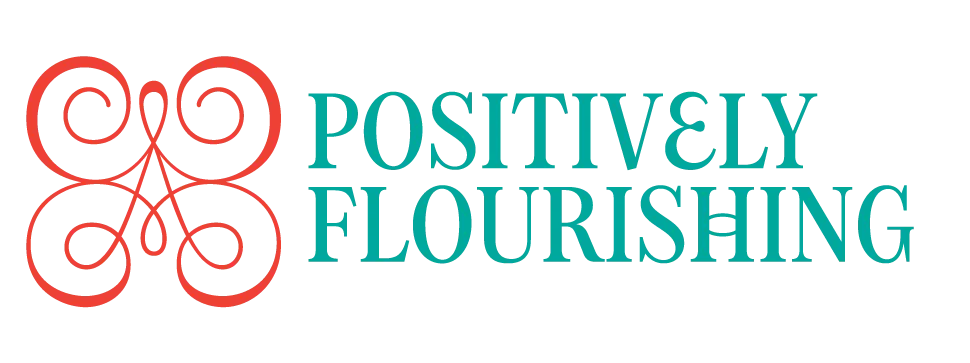ESCAPE THE DRAMA TRIANGLE
If you've ever experienced coaching, you know how powerful being listened to without an agenda can be. And yet somehow you're not sure how to recreate that experience outside of the coaching space. Here's why...
Karpman's drama triangle is a model of dysfunctional social interaction that can be difficult to escape. The triangle involves three roles: the victim, the persecutor, and the rescuer. Here are some strategies for escaping Karpman's drama triangle:
- Recognise the roles: The first step in escaping the drama triangle is to recognize the roles that you and others are playing. Are you playing the victim, persecutor, or rescuer? Are others playing these roles as well? Becoming aware of the roles can help you avoid getting caught up in the drama.
- Take responsibility: Instead of playing the victim, take responsibility for your own thoughts, feelings, and actions. This can help you break out of the victim role and take control of your life. Rather than blaming others or feeling helpless, focus on what you can do to improve your situation.
- Set boundaries: Setting boundaries is an important part of escaping the drama triangle. It's important to communicate clearly with others about what you will and will not tolerate. This can help prevent others from playing the persecutor role and can help you avoid playing the victim or rescuer.
- Practise empathy: Practising empathy can help you avoid playing the persecutor role and can help you connect with others on a deeper level. Try to put yourself in others' shoes and understand their perspectives and emotions. This can help you avoid blaming or attacking others and can help you find constructive solutions to problems.
- Seek help: If you're struggling to escape the drama triangle, it may be helpful to seek professional help from a coach. They can provide you with tools and strategies for coping with difficult relationships and can help you develop healthier communication and relationship skills.
Escaping Karpman's drama triangle can be challenging, but it's possible with the right strategies and support. Recognise the roles, take responsibility, set boundaries, practice empathy, and seek help if needed. Remember, breaking out of the drama triangle can help you build healthier relationships and improve your overall well-being, so it's definitely worth the effort!
_________________
REFLECTION:
- Do you seek out people to listen to you or to agree with the drama (how terrible, awful, unreasonable...) of your situation?
- Is it useful to ramp up the drama around a situation in the long-term? Does it help you calm down, get perspective, or find a way to let go?
- What might be possible if you're able to escape this Drama Triangle?
